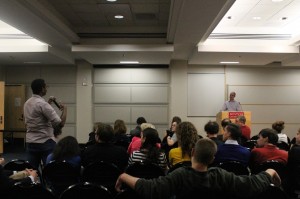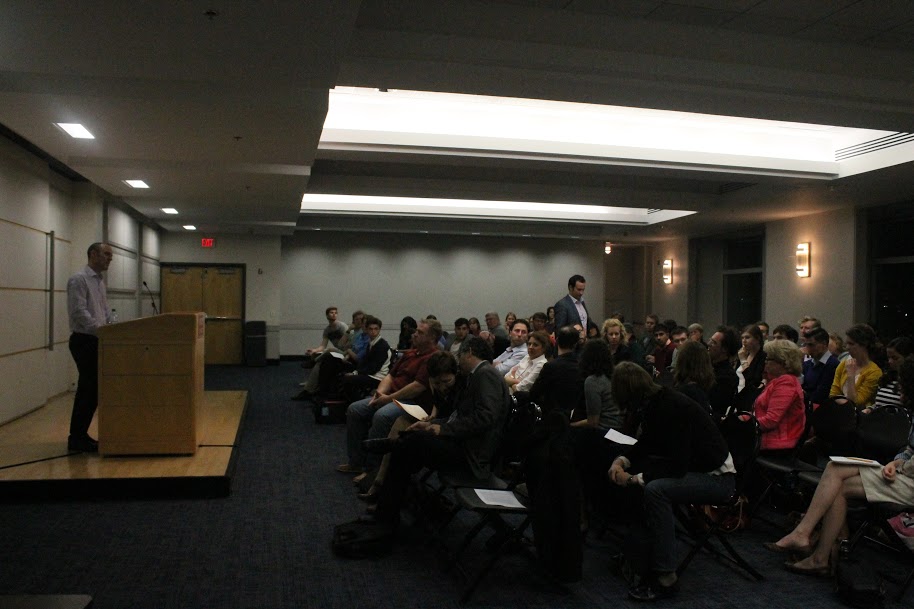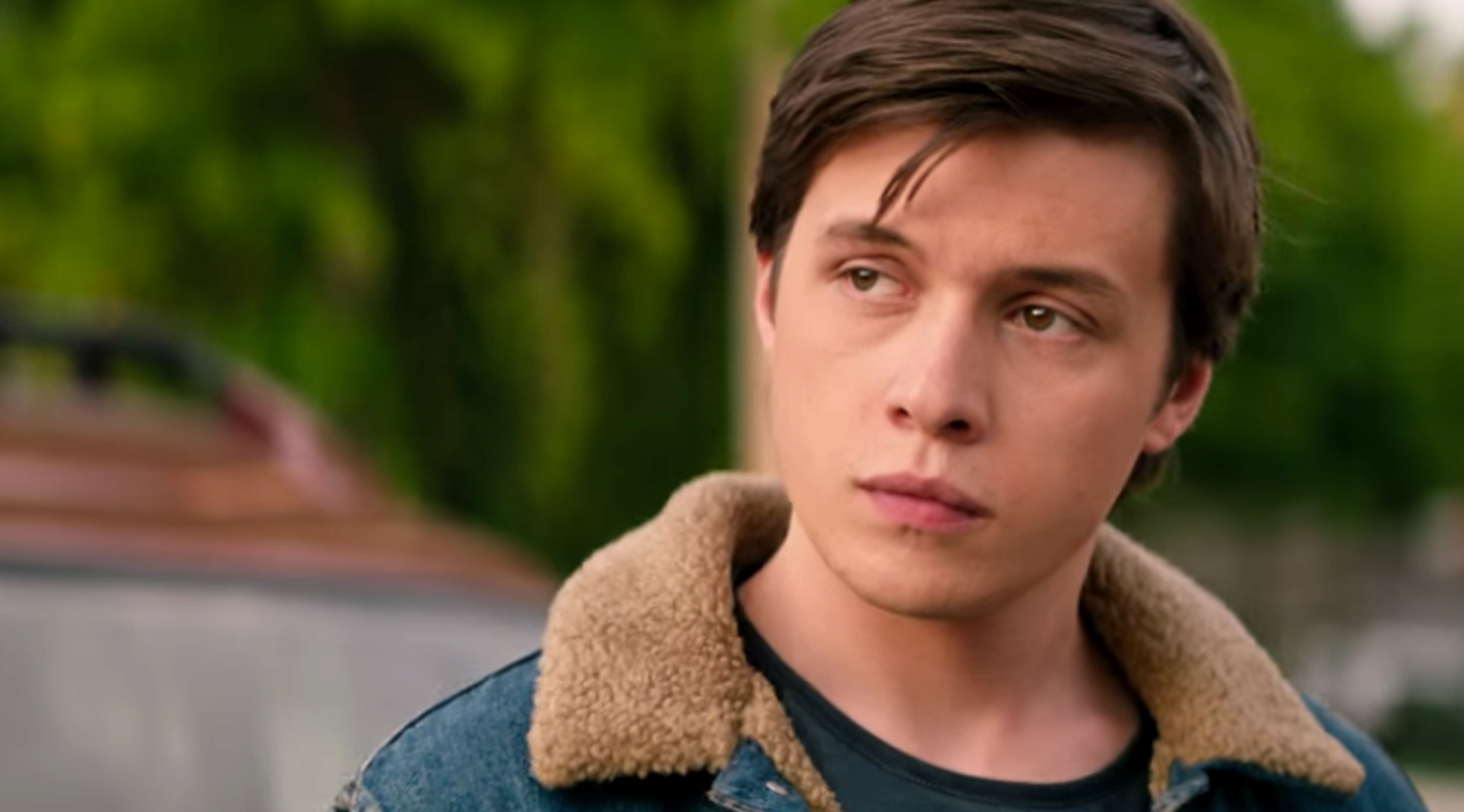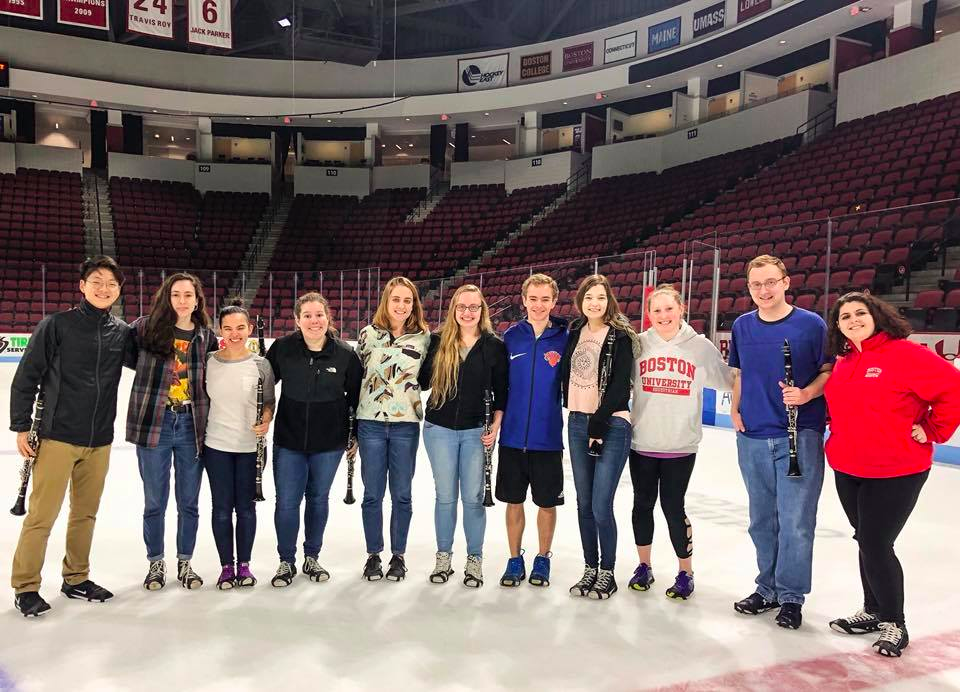By Michael Whitesides
“I want you to try and imagine your teenage years. You don’t remember birthdays and dates you remember events. The more you think back on it, it’s less important to pinpoint the exact time in which these events happened, but rather that these events happened and had a profound impact on you.”
These were the opening words of well-known author and historian Keith Lowe’s talk about the 20th century and the myths of rebirth surrounding it. Traditionally, most of us think of the 20th century as January 1, 1900 to December 31, 1999. However, Lowe argued that the 20th century was actually an idea that began in 1945 and continues to this day.
Lowe’s talk was one of eight lectures the history department has planned that challenge the conventional view of the 20th century. The topics range from the impact of oil to the Chinese perspective of the 20th century. This lecture series is unique because it does not look to answer one simple question, but seeks to provide several answers to a very complex question: what exactly was the 20th century?
The series is the brainchild of Boston University Department of History professors Brooke Blower and Jonathan Zatlin. The historians realized the way they had been trained to look at the past is becoming increasingly irrelevant, and they wanted new questions and new perspectives on the 20th century. They decided to gather speakers from all over the U.S. and Britain to bring these new ways of understanding to BU.

Gene Tempest, the postdoctoral student in charge of the series, explained the project using Henry Rousso’s book on Vichy France. “Rousso writes that by the early 1990s, he thought the history of Vichy France was ready for the scalpel, ready to be dissected by historians. But he realized very quickly while carrying out his research that the ‘cadaver’ of World War II was far from dead. He says that instead of the scalpel, this past was, at best, ready for the psychoanalyst’s chair. I think that’s something that we’re also discovering with this series at BU. The twentieth century is still burning very hot.”
The fallout of the 20th century can be seen across the world today. Fighters in ISIS cite the Sykes–Picot Agreement, a 1916 treaty that divided up the Ottoman Empire, as one of their reasons for animosity towards the West. Last month in Serbia, a riot broke out at a soccer match against Albania when a drone flew onto the field carrying a flag referencing Albanian claims to Serbian land after the Kosovo War (1998-1999). In Ukraine, the geopolitical showdown in Crimea is partly the result of actions taken by Nikita Khrushchev in 1954 when he gave Crimea to the Ukraine as an attempt to pacify nationalist movements. Other issues with origins in the 20th century include the Israeli-Palestinian conflict, the war in Somalia, and the communist-led guerrilla insurgency in Peru.
In his lecture, Lowe described history as a tapestry. To view only one version of history is to ignore the billions of others that exist, he said. This lecture series is a way to hear some of those other stories. Each lecture offers its own unique version of what happened in the last century. The next lecture, titled “Development and the Global History of Distributive Justice” is on Tuesday, November 18 at 7:00 PM. Make sure to check it out.




